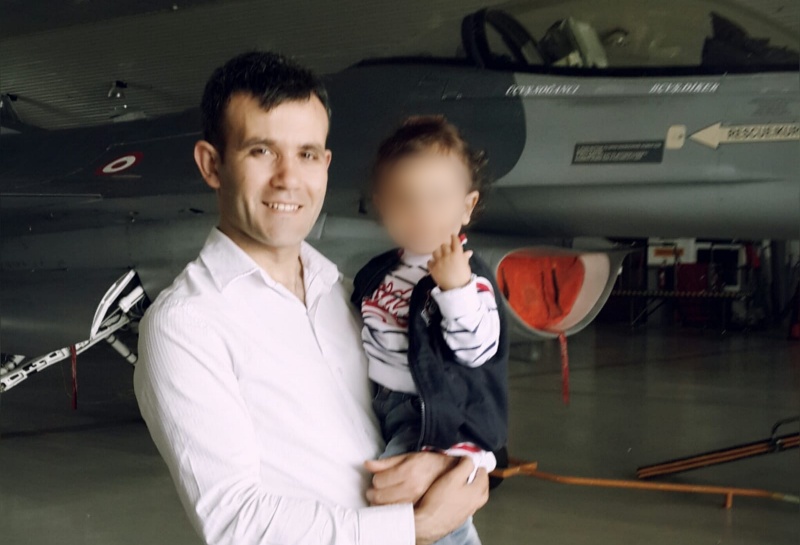The UN Working Group on Arbitrary Detention (WGAD) has concluded that a Turkish air force cadet’s trial and subsequent aggravated life imprisonment on coup-related charges violated his rights to liberty and a fair trial, the Stockholm Center for Freedom reported.
The violations against Cihangir Çenteli concerned Articles 3, 9, 10 and 11 of the Universal Declaration of Human Rights as well as Articles 9 and 14 of the International Covenant on Civil and Political Rights.
The Working Group released its decision after the Turkish government failed to respond to its questions on the case by the deadline in September 2023.
Çenteli, 39, was dismissed from the air force in September 2016 and arrested days later on charges related to a failed military coup in July of that year.
He was one of the many former cadets sentenced to aggravated life in prison for “attempting to overthrow the constitutional order.”
The UN Working Group pointed out that he was interrogated by the police without the presence of a lawyer and was not informed about the charges facing him during his time in custody.
It also said the court arrested him without examining his case individually or taking his defense statement, on the basis of lists that were prepared beforehand.
The decision concluded that the Turkish authorities failed to demonstrate his links to the attempted coup and that he went to Air Force Command headquarters on the order of his superior.
Çenteli is still incarcerated in İstanbul’s notorious Silivri prison. The Working Group called for his immediate release, monetary compensation and an investigation into officials responsible for the rights violations he suffered.
The UN body also expressed concern about the increase in recent years in the number of similar applications originating from Turkey, underlining once again that widespread and systematic imprisonment of individuals in contravention of fundamental principles of international human rights law could amount to crimes against humanity.
Çenteli was one of 125 former cadets sentenced to aggravated life imprisonment on coup-related charges.
Among the cadets, the convictions of 15 were later overturned by the Supreme Court of Appeals.
Human rights groups often criticize the handling of the trials of cadets, most of whom were following orders from superiors who were either acquitted of coup charges or given relatively more lenient sentences.

